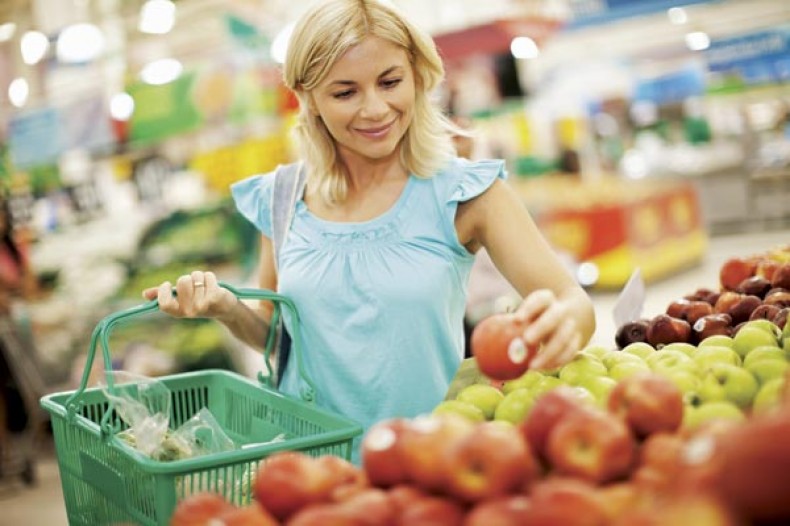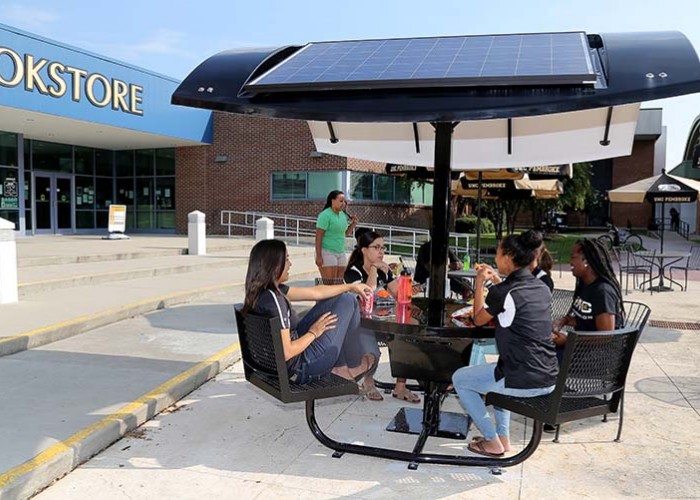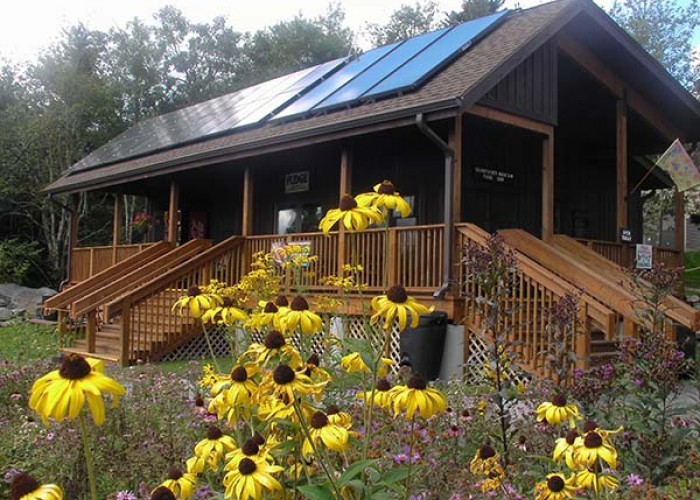Greener food shopping
Tips for being an eco-conscious consumer
Whether stopping in for a daily to-go cup of coffee or making a grocery store trip, you likely have many purchases throughout your week.
Because so many consumer habits can have a negative effect on the planet, it's a good idea to reflect on your environment impact. "There are many ways to support the green movement," said Hillary Femal, vice president of marketing for IFCO, producers of eco-friendly produce containers. "But the easiest way is to become an educated consumer."
Sustainable consumption
As a shopper, you can help cut down on the amount of waste in landfills and other environmental problems. Here are a few steps you can implement whenever you're shopping:
- Know your grocer's containers: Many companies and grocers are taking steps to provide greener solutions for the display of their products, such as produce. Recycling cardboard boxes used to display produce is good, but according to the EPA, reuse is better.
That's why many grocers use what are known as reusable produce containers (RPCs). Grocers can use and reuse these containers to ship, store and display fresh produce — all in an environmentally friendly way that reduces waste. Visit choosereuse.org to learn about reusable produce containers. - Buy local food when possible: This means you help cut down on energy used to transport groceries and cut down on fuel emissions. Local produce is usually more nutritious as it is usually sold shortly after being picked, and it requires less packaging than shipped food. Not to mention you are helping local farmers in your area!
- Support grocers that reduce waste: Some specialty food stores may be well known for their green standards, but many major food retailers are also making green choices. Some provide produce brands, such as Village Farms, which recognizes the importance of reducing waste when shipping its products and chooses RPCs to reduce waste, energy and greenhouse gas emissions. These stores are also able to display the produce directly in their containers, getting even more use out of them.
- Bag it up: According to the EPA, thousands of plastic and paper shopping bags are thrown away every year. Help reduce this extra waste by using reusable cloth bags for your purchases. Keep them with you in your car, so they're always handy for shopping trips to the grocery store, drug store or anywhere else you frequently shop.
Buying local in North Carolina
There are four main state farmers markets in North Carolina: Western North Carolina (popularly known as WNC) Farmers Market in Asheville, Charlotte Regional Farmers Market, State Farmers Market in Raleigh and Robert G. Shaw Piedmont Triad Farmers Markets in Greensboro. In addition, there are roughly 200 other farmers markets throughout the state.
-
Go green
-
Share this story:




